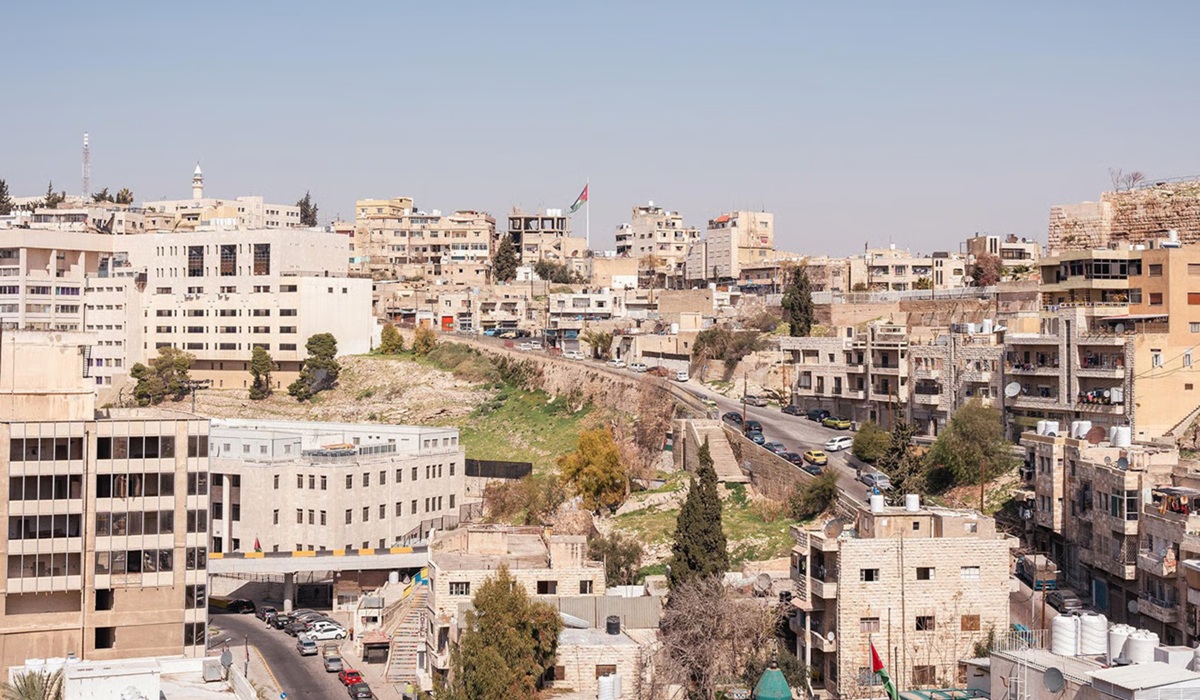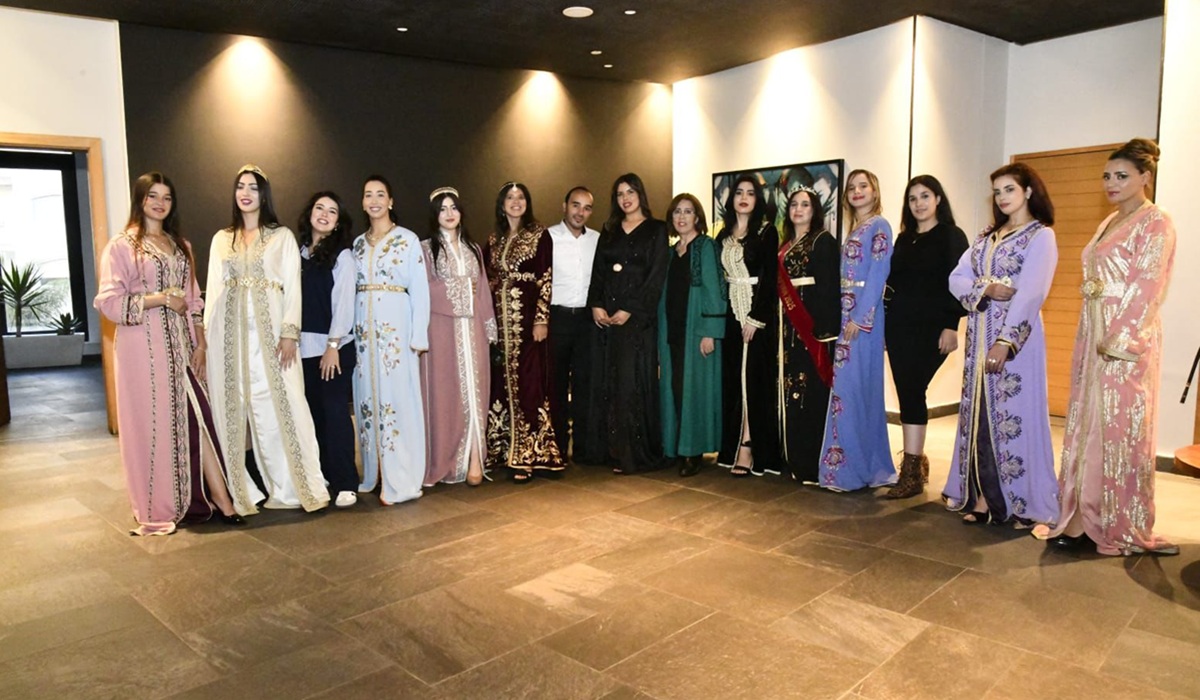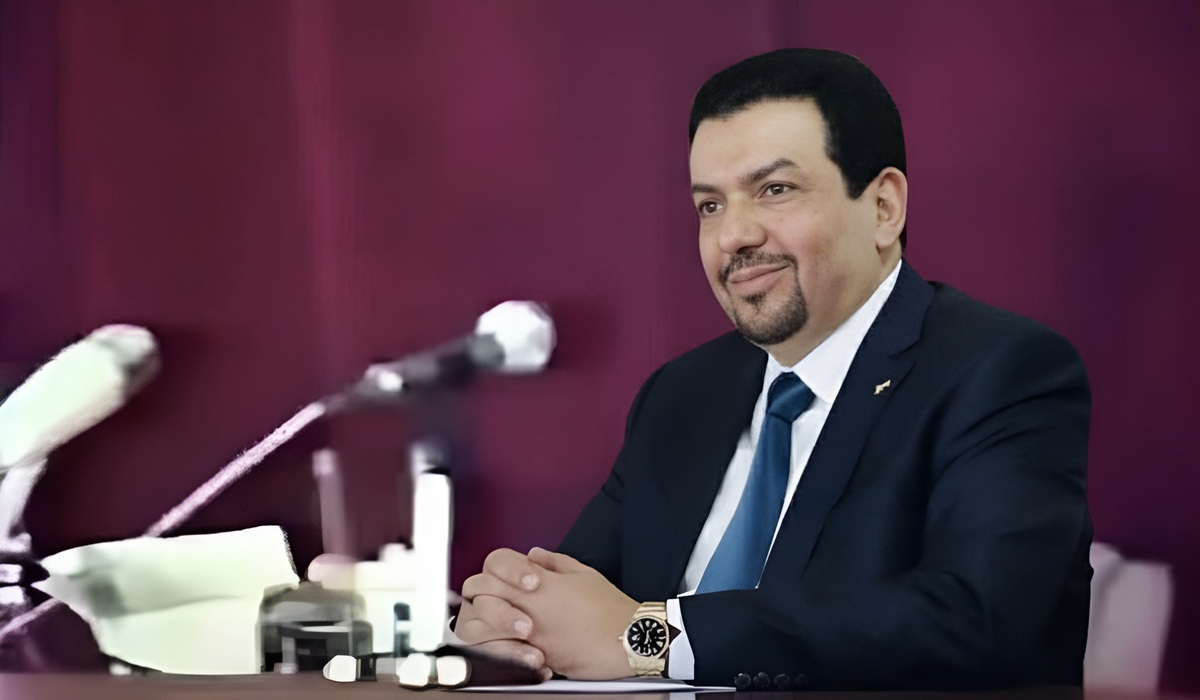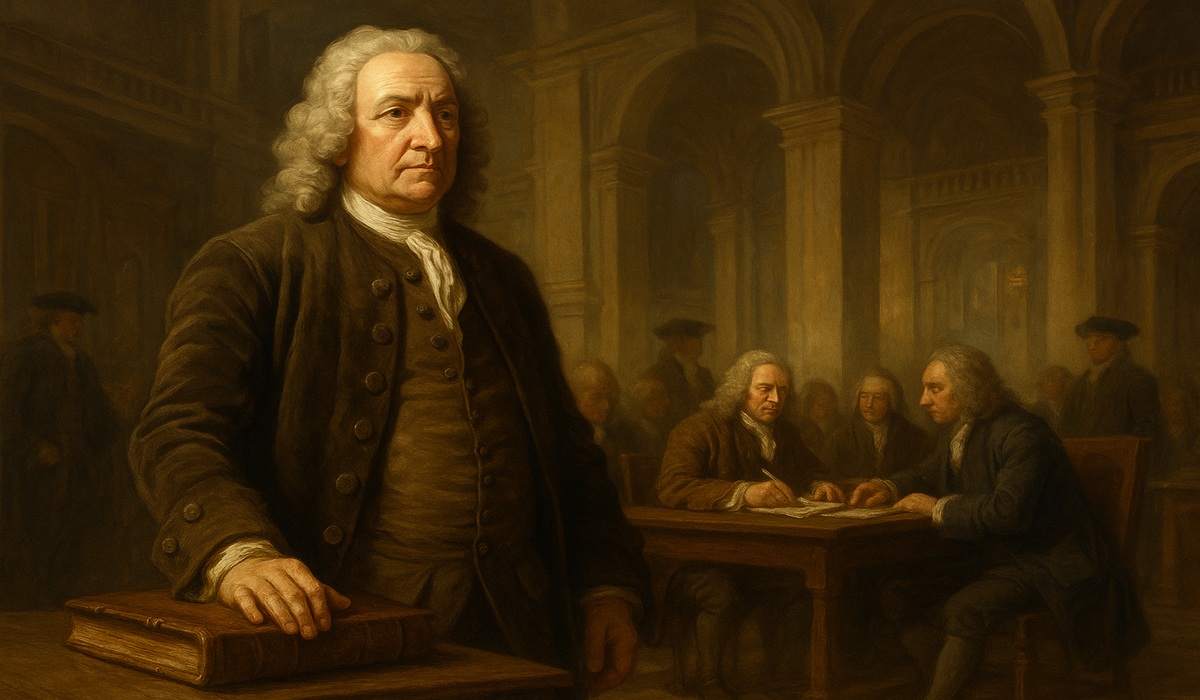Jordan’s Syrian Refugees Trapped Between Poverty and Uncertainty
- Kingston Bailey
- Middle East
- Trending News
- September 26, 2025

Image Credit: NRC
Thousands of Syrian refugees living in Jordan remain caught in limbo, unable to return home as they grapple with deepening economic hardship, legal restrictions, and bureaucratic obstacles. A new report by the Norwegian Refugee Council (NRC) reveals that while more than 152,000 Syrians have returned since December 2024, many others are finding that the path to Syria is blocked by barriers beyond their control.
The NRC survey underscores a dramatic shift in sentiment among refugees. Initial hopes of return have steadily faded, with only 21 per cent now saying they intend to go back, compared with 40 per cent who still dream of returning “one day.” Another 37 per cent say they no longer plan to return at all. The reasons are complex but boil down to a mix of poverty, fear, and lack of documentation.
Amy Schmidt, NRC’s country director in Jordan, described the dilemma facing Syrians as one of the most critical choices in their lives since the war began. “Many Syrians face arguably their most significant decision in over a decade: to return home or not. That thinking process must be made with all information available for them to make a free, informed decision. Yet many families tell us they don’t know enough, cannot afford travel costs, or fear being turned away at the border.”
For many families, the decision is made not by choice but by circumstance. Jobs are scarce, and even those who find work are often unable to obtain permits. The system has become prohibitively expensive: retroactive fees for permits can stretch into thousands of Jordanian dinars. Without legal work, most refugees survive on casual labor or dwindling humanitarian aid, pushing many further into debt and poverty. One Syrian mother in Amman told NRC that her husband and son face barriers at every turn. “We face so many restrictions here. For example, my husband and son cannot work freely in any sector without expensive permits. If we stay in Jordan, we will just keep living in poverty, and no one wants that.”
On top of financial struggles, documentation remains a critical barrier. Birth and marriage certificates issued in Jordan are often not ratified, leaving families in legal limbo. Without recognized documents, refugees risk being turned back at the Syrian border or excluded from reclaiming property. One mother in Irbid recalled being stopped at the border because of an unresolved file at the Syrian embassy, her family’s return abruptly halted.
The NRC report highlights the disproportionate impact these issues have on women and children, who are more vulnerable to family separation, statelessness, and long-term exclusion from rights and services. Property ownership is also fraught with challenges: only 38 per cent of households who reported owning land in Syria had the documents to prove it. Without such proof, reclaiming property or homes left behind becomes nearly impossible.
Jordan, which has hosted hundreds of thousands of Syrians for more than a decade, is under mounting strain. With the Syrian conflict grinding on in new forms and donor fatigue setting in, international support has withered. The regional refugee response plan for Syria in 2025 is only 10 per cent funded, leaving critical gaps in aid for food, shelter, and legal support.
Schmidt urged both governments and donors to act decisively. “Jordan has been a generous host for Syrians fleeing death and destruction over the past 14 years. But international donors must help maintain conditions that allow refugees to live in dignity while supporting efforts to remove barriers to return. The international community cannot abandon Syrian refugees at this critical junction.”
The NRC is calling for sweeping reforms. It urges Jordan to keep its asylum policies open, ease the registration of births and marriages, and waive retroactive work permit fees so refugees can earn a living and pay off debts. It also recommends allowing camp residents to take their caravans with them when they return. For its part, the Syrian government is pressed to remove legal hurdles to property claims, reinstate powers of attorney for property, and create clear, transparent procedures for issuing missing documents.
International donors are being asked to maintain humanitarian assistance in Jordan while also funding reintegration efforts inside Syria. Without such cooperation, the NRC warns, refugees could be forced into a false choice between staying trapped in poverty in Jordan or returning prematurely to an unsafe and unstable Syria.
For now, many Syrian families remain in a holding pattern, their lives stretched between two countries that neither fully welcome nor fully sustain them. The promise of return, once a beacon of hope, is fading into uncertainty. Whether these families can ever rebuild their lives depends on political will, financial support, and a recognition that their future cannot be left to chance.








